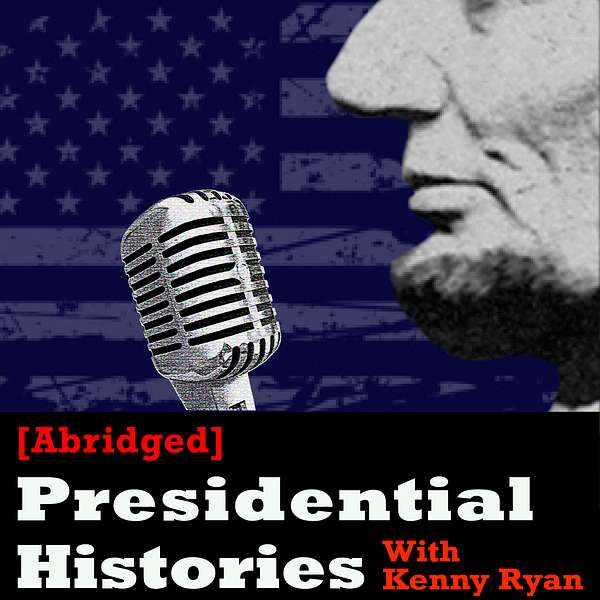
[Abridged] Presidential Histories
From Yorktown to the Civil War, Pearl Harbor to 9/11, Abridged Presidential Histories explores the successes, setbacks, and scandals that define each president’s legacy, and then asks what lessons we can learn from them.
[Abridged] Presidential Histories
28.D.) Woodrow Wilson, WW1, and the new world order; an interview with Thomas Knock
For the first 128 years of American history, the United States followed the parting advice of its first president, George Washington, to stay out of European wars.
That all changed with Woodrow Wilson.
Wilson wielded the power of rhetoric to change not just the country's course, but the way Americans thought of themselves - They had a destiny to make the world safe for democracy. But even as Americans embarked on this quest, the ideals Wilson gave life to began to flicker and dim as he succeeded in winning the war, but failed to win the peace.
Join me as I talk with Thomas Knock, who is both the chair of the department of history at SMU and a Distinguished Fellow at the Center for Presidential History at SMU, as well as the author of To End All Wars: Woodrow Wilson and the Quest for a New World Order, about Wilson, World War 1, and the quest for a new world order.